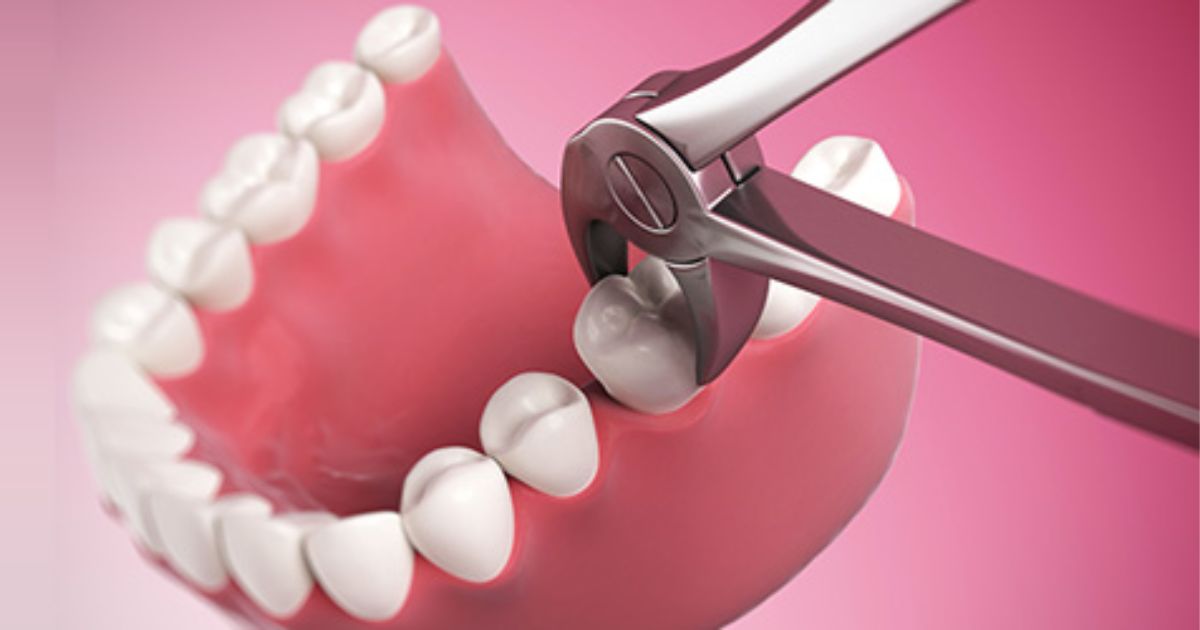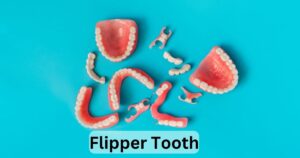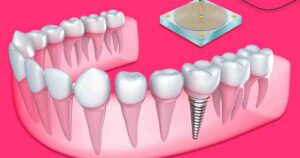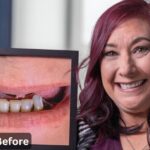Having your wisdom teeth extracted is a common procedure, but proper aftercare is crucial for smooth healing. Following your oral surgeon’s instructions can make all the difference in your recovery. Here are some dos and don’ts to keep in mind after wisdom tooth extraction.
Dos And Don’ts After Wisdom Tooth Extraction
The key dos after wisdom tooth removal include taking pain medication as directed, using ice packs to reduce swelling, eating only soft foods like yogurt or applesauce, drinking plenty of fluids, rinsing gently with salt water, and getting lots of rest.
The main don’ts involve avoiding smoking, drinking alcohol, using straws, disturbing the surgical sites, doing strenuous activity, eating hard or spicy foods, and touching the stitches. Carefully following these dos and don’ts as instructed by your oral surgeon will ensure you heal properly after extraction.
Firstly the Dos
When caring for your extraction sites after wisdom teeth removal, focus on these dos:
- Take any prescribed pain medication as directed by your dental surgeon to manage discomfort. Medications like ibuprofen or acetaminophen can relieve swelling and ache.
- Use ice packs on your cheeks in 15-20 minute intervals to reduce inflammation and swelling. The cold constricts blood vessels, providing relief.
- Eat soft, cool foods like yogurt, applesauce, pudding, and ice cream in the first 24-48 hours. Smooth, lukewarm foods prevent irritation to extraction wounds.
- Drink plenty of fluids like water, juice, tea, and protein shakes to stay hydrated. Dehydration can stall healing.
- Gently rinse your mouth with warm salt water 3-4 times per day starting 24 hours after surgery. Salt water keeps sites clean.
- Brush teeth gently after each meal, using a soft toothbrush and good Denture Toothpaste. Focus on non-surgical areas, avoiding clots.
- Avoid spitting, forceful swishing, and sucking motions to protect blood clots. This maintains the clot foundation for recovery.
- Sleep with your head elevated on 2-3 pillows to minimize facial edema. This position limits fluid buildup.
- Take it easy and rest as much as possible the first few days. Your body needs energy to mend.
Table summarizing dos:
| Dos |
| Take prescription pain meds as directed |
| Use ice packs to reduce swelling |
| Eat soft, cool foods |
| Drink lots of fluids |
| Rinse gently with warm salt water |
| Brush teeth gently |
| Avoid forceful mouth movements |
| Elevate head when sleeping |
| Get lots of rest |
Now the Don’ts
There are also some key don’ts to avoid after wisdom tooth extraction:
- Don’t smoke, drink alcohol, or use straws for 72 hours post-surgery. These create suction and disrupt clots.
- Avoid very hot, spicy, crunchy, or acidic foods that could irritate wounds. Temperatures and textures can cause pain.
- Don’t swish liquid aggressively in your mouth or vigorously rinse extraction sites when cleaning teeth. Let fluid trickle through passively.
- Avoid strenuous physical activity, exercise, and heavy lifting for at least 3-5 days. This pressure raises blood flow.
- Don’t drive or operate machinery while taking prescription narcotic pain medications that cause drowsiness. Be aware of side effects.
- Ensure pets or small children don’t jostle or play around your face while healing. Accidental bumps hurt.
- Try not to touch or pull on the cheeks near your extraction sites. This can displace blood clots.
Table of don’ts:
| Don’ts |
| Smoke, drink alcohol, or use straws |
| Eat hot, spicy, crunchy, or acidic foods |
| Swish liquid forcefully in mouth |
| Do’s |
| Engage in strenuous physical activity |
| Refrain from driving or operating machinery while on medication |
| Avoid letting pets or kids play near the face |
| Refrain from touching or pulling on cheeks |
Proper aftercare is vital for your comfort and swift recovery from wisdom tooth removal. Follow your oral surgeon’s dos and don’ts to heal properly. Schedule your consultation today with an experienced dental professional to determine if extraction is right for you.
What to Expect After Tooth Extraction Surgery
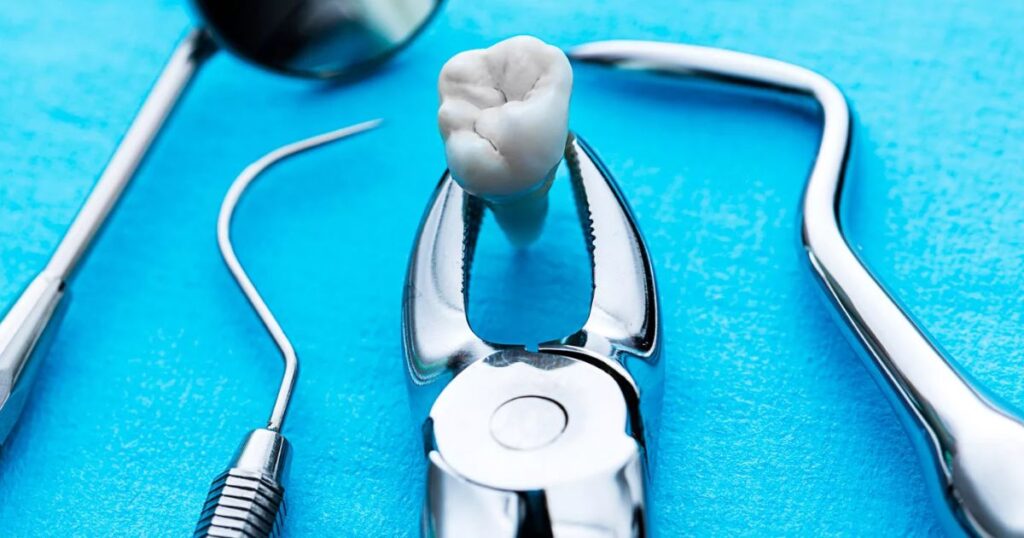
Knowing what’s normal and what’s not can give you peace of mind as you recover. Here’s what to expect in the hours and days following your wisdom tooth extraction:
- Bleeding – Some minor bleeding is normal for the first 12-24 hours. Use gauze pads to apply pressure to control it.
- Pain – Your mouth will likely be sore for several days. Over-the-counter meds can provide relief.
- Swelling – Your cheeks may become swollen and tender. Using ice can minimize this.
- Numbness – Parts of your lips, tongue, or chin may remain numb for several hours after the anesthesia wears off.
- Brusing – Bruises or discoloration around the eyes and cheeks could develop and peak around days 2-3.
- Bad Breath – This is temporary and caused by food debris. Proper oral hygiene helps.
- Dry Socket – This painful condition happens when a blood clot is dislodged. See your dentist if you have throbbing pain.
Stay in touch with your oral surgeon if any symptoms seem severe or abnormal during recovery.
Signs of Complications After Surgery
While rare, some complications can arise after wisdom tooth removal. Contact your dentist if you notice:
- Prolonged or severe bleeding that won’t stop
- Intense throbbing pain that gets worse after a few days
- Pus discharge or foul odor from the surgery site
- High fever, nausea, or vomiting
- Difficulty swallowing, breathing, or opening your mouth
- Numbness or pain that persists longer than a few weeks
Your dental surgeon will advise if any complications require additional treatment or antibiotics. Follow all post-op instructions carefully to prevent issues.
Oral Hygiene After Extraction
Keeping your mouth clean after surgery promotes healing and prevents infection. Here are some oral hygiene tips:
- Brush normally but be extremely gentle around surgical sites
- Rinse with warm salt water after meals; don’t swish vigorously
- After 24 hours, irrigate very lightly with water using an oral irrigator on the lowest setting
- Avoid mouthwash with alcohol; use gentle antiseptic rinses instead
- After a few days, begin flossing carefully, avoiding areas with stitches
- Seven days after surgery, start gently brushing the surgery area with a soft brush
Proper cleaning will speed your recovery, but take care not to disturb the wounds until fully healed.
FAQ’s
What should you not do after wisdom teeth removal?
Don’t smoke, drink alcohol, use straws, or create suction in your mouth. Also avoid disturbing the surgery sites or stitches.
How many days should you rest after wisdom teeth removal?
It’s recommended to rest and limit activity for at least 3-5 days after the surgery.
What is the fastest way to recover from wisdom teeth removal?
The fastest recovery involves carefully following your oral surgeon’s post-op instructions, including taking any prescribed medication, icing your face, eating soft foods, keeping the sites clean, and getting adequate rest.
Conclusion
Getting your wisdom teeth extracted is a common procedure that can relieve pain and prevent future dental problems when these molars become impacted or infected. Proper aftercare is crucial for minimizing discomfort and complications after surgery. By closely adhering to the dos and don’ts outlined here, as well as your oral surgeon’s specific guidance, you can ensure the smoothest possible recovery. Within a week or two, the extraction sites should be largely healed and you’ll be able to resume your normal oral health routine. With some patience and attentive self-care in the days following your wisdom tooth removal, you’ll soon be on your way to renewed dental wellness and health.
